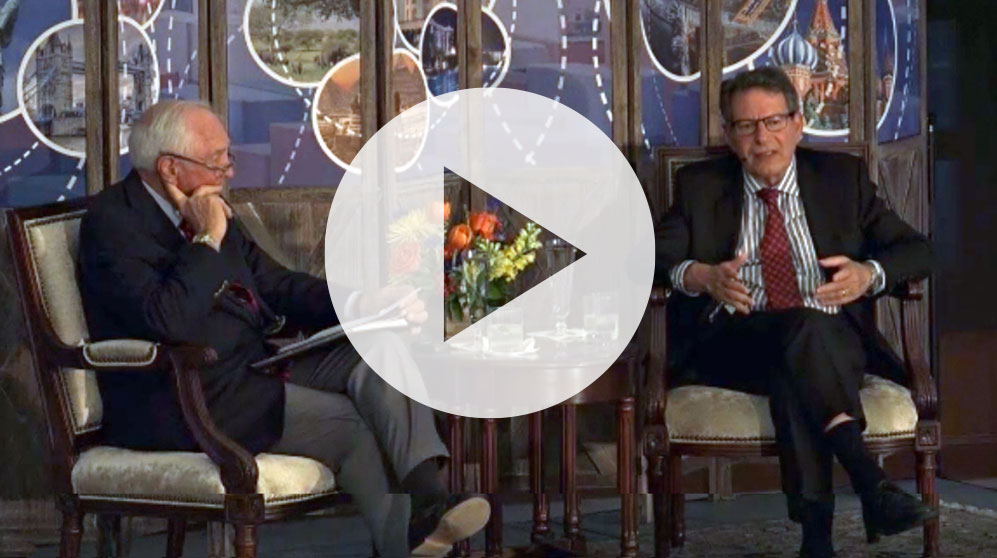What To Do When You’re Cornered by a Bear
• 3 min read

Get the latest in Research & Insights
Sign up to receive an email summary of new articles posted to AMG Research & Insights.

Bear markets can be vicious. Especially when investors, reacting to gut instincts, sell or buy at the wrong time. Here’s a quick review so you can avoid making that mistake.
It’s critical to understand that bear markets (stock values falling 20%) usually begin as the likelihood of recession rises, but before the economy actually contracts. Similarly, bear markets typically end during recessions—even as headlines shout about slumping economic growth and lost jobs.
Also, be aware that bear markets are not homogenous. AMG classifies them into three severity levels–a non-recession bear (not all bear markets come with recessions), a recession bear and a recession bear with deleveraging. Three major factors determine which one occurs:
- First, the initial leverage condition of the private sector. That is, how much debt do consumers and businesses have on their balance sheets?
- Second, the amount of capacity in an economy for a policy response. For example, the size of the economic collapse following the 2008 financial crisis gave policymakers plenty of room to put a floor under the financial system and then boost economic growth during the elongated recovery.
- Third, the policy response mechanism. This is essentially the ability and willingness of policymakers to make the right decisions.
Policy response is usually the most important factor in determining which type of bear market evolves. As an example, between the 2008 financial crisis (a recession bear market with deleveraging) and the 2020 pandemic recession, U.S. equity markets endured three non-recession bears before rapidly recovering. These bears never grew worse because the economy was not at full capacity, allowing Federal Reserve (Fed) policymakers to provide the appropriate stimulus to avoid recessions.
In today’s bear market, equities have already fallen roughly 20%, so it’s probably too late to sell. And the Fed doesn’t yet have enough capacity to shift from its hawkish stance of raising rates to quell inflation to a dovish stance in support of economic growth, so it seems too early to buy. Going forward there are two questions for investors:
- What is the initial leverage condition of the private sector? AMG believes it’s quite healthy and not overly leveraged, so America will probably avoid a recession bear with deleveraging. Also, if a recession does occur, it is unlikely to be lengthy.
- When might the Fed see enough spare capacity in the economy to become more dovish? AMG believes that will happen at some point after inflation has begun trending down. Until then, investors would be wise to resist their gut instincts to sell or buy.
This information is for general information use only. It is not tailored to any specific situation, is not intended to be investment, tax, financial, legal, or other advice and should not be relied on as such. AMG’s opinions are subject to change without notice, and this report may not be updated to reflect changes in opinion. Forecasts, estimates, and certain other information contained herein are based on proprietary research and should not be considered investment advice or a recommendation to buy, sell or hold any particular security, strategy, or investment product.
Get the latest in Research & Insights
Sign up to receive a weekly email summary of new articles posted to AMG Research & Insights.




